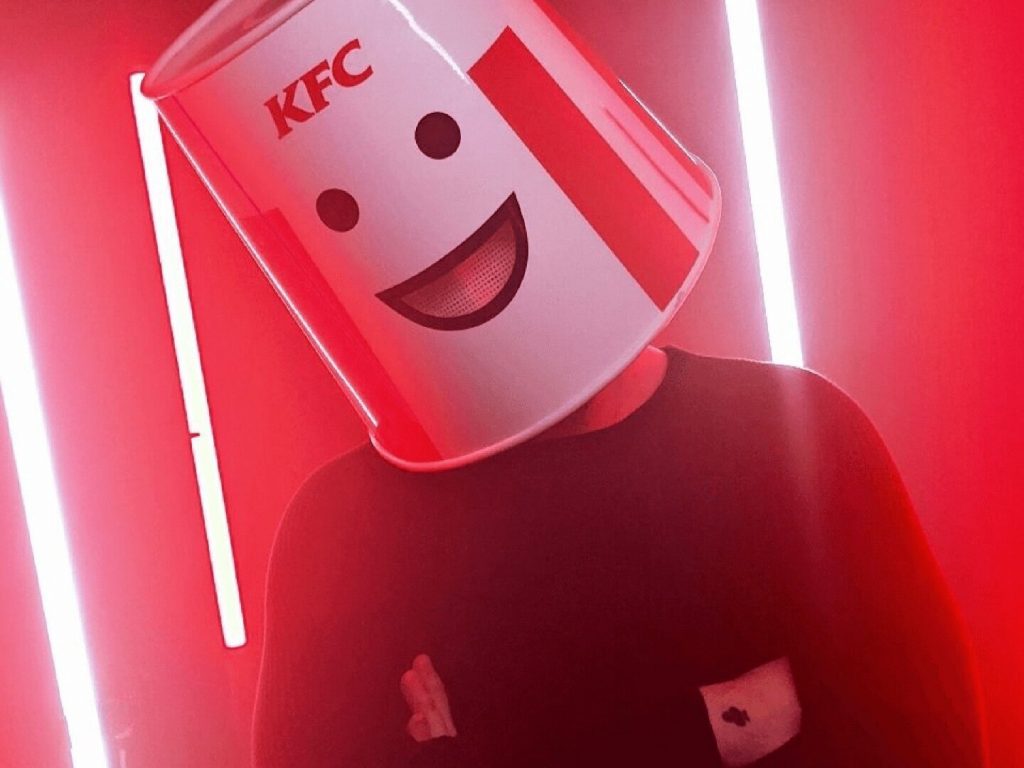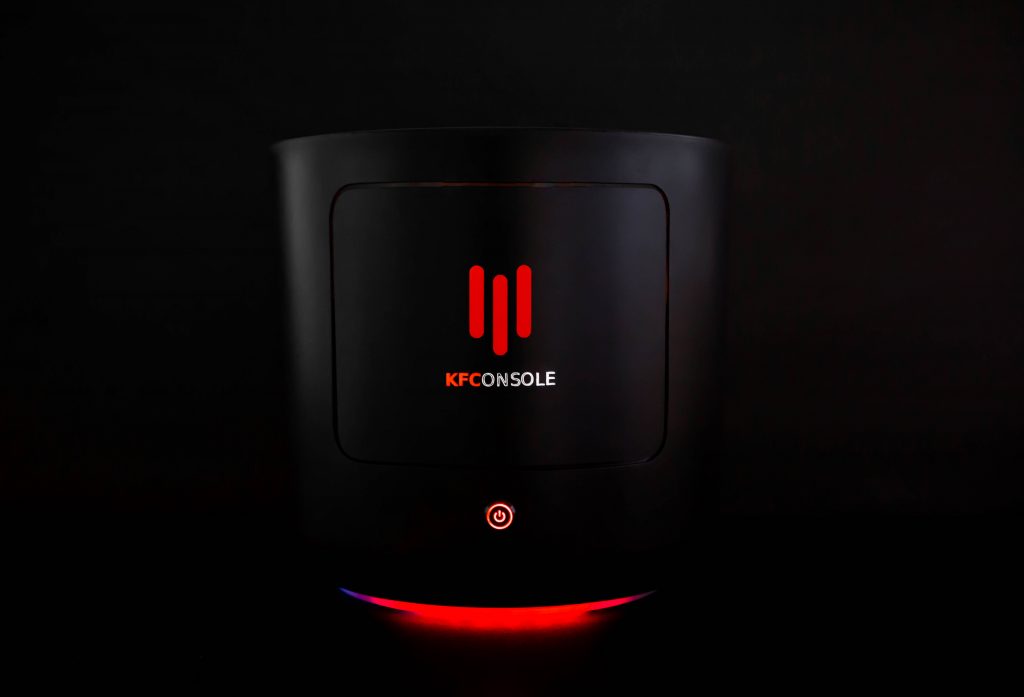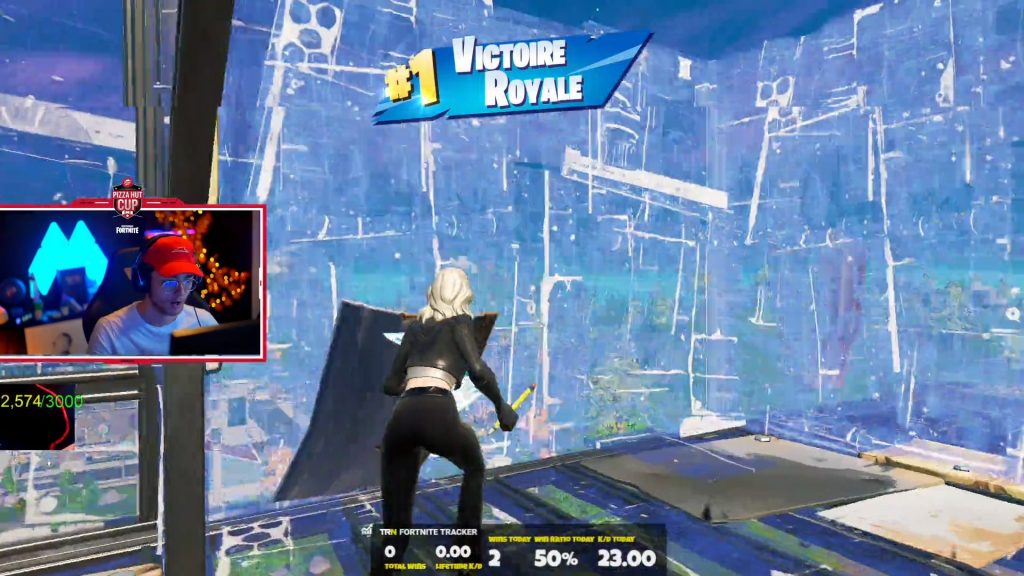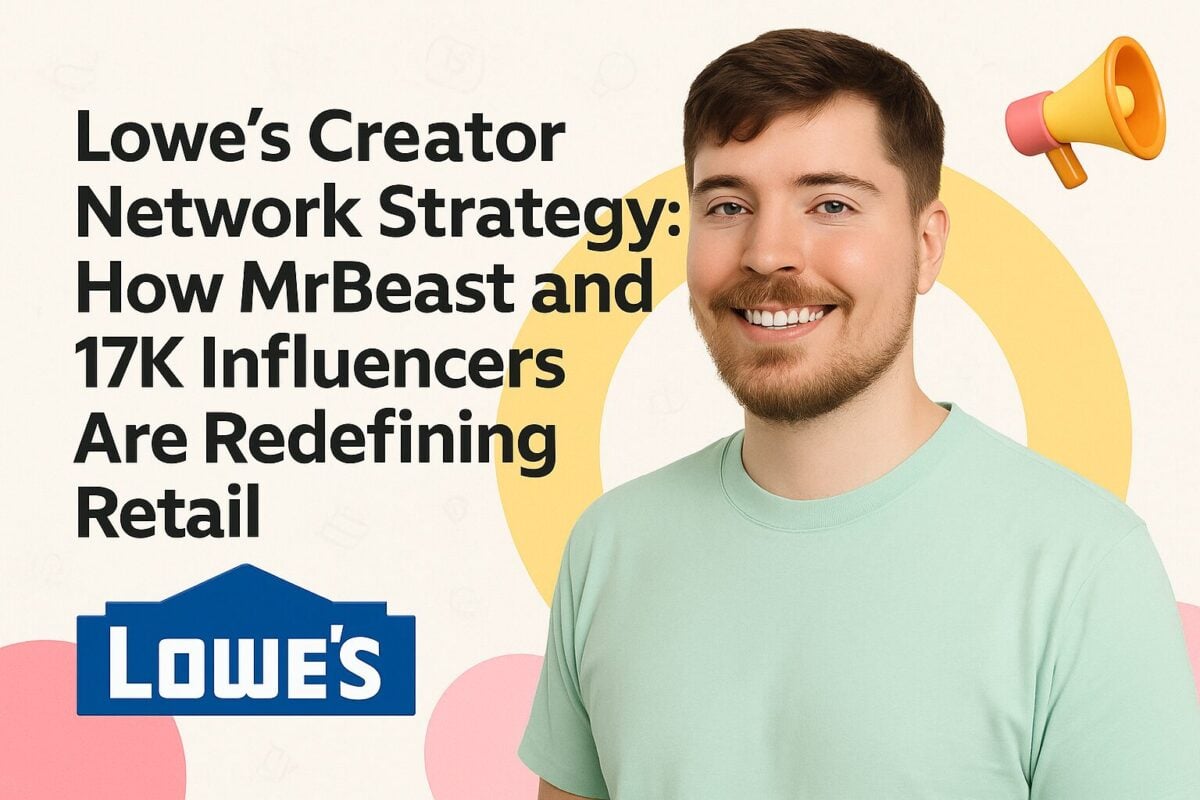Over the past few years, digital audiences have become much more passive when it comes to consuming content. More often than not, nowadays, we are happy to endlessly scroll through social media timelines, continuously swipe right on dating apps and read only the headlines of news, often without even bothering to delve into the overall context.
These new consumer habits that we have developed aren’t necessarily down to laziness - it’s the fact that the sheer volume of content out there is overwhelming. We don’t have the time, or the patience, to dig a little deeper for those extra details - we want clear, concise messaging and we want it straight away. We’re also starting to see that online audiences are getting younger and they are used to having answers quickly, usually through the use of a search engine or even on social media. Heading down to the library to delve into books for exam studying is a thing of the past - you’ve now got Google or Alexa to answer your questions for you in the comfort of your own home.
Despite a seemingly lack of attention to intricate details and having no desire to trawl through pages and pages of content, audiences are still becoming more conscious over the platforms and brands they interact with. We might not want to spend more time on something, but we do want experiences that make us feel something and we’re actively seeking out brands and people who share our values to align ourselves with. It’s one of the reasons influencers, both micro and macro, have become so popular - they are relatable and we can identify with them in some way.
When looking at the global value of influencer marketing, monetary figures have doubled between 2019 to 2021 alone. Today, the influencer market is valued at $13.8bn and that’s only set to continue to grow. Global brands across all sectors including Adidas, Ciroc and Daniel Wellington have all been utilising influencer marketing in their overall strategies and it works, both for good and for bad reasons.
During a Euro 2020 press conference, Cristiano Ronaldo moved some Coca Cola bottles out of the shot and instead opted for a bottle of water. The result? Coca Cola’s value dropped by around $4 billion overnight, simply because Ronaldo chose to be seen drinking water instead. It isn’t just this occasion either. Cryptocurrency is often up and down depending on the mood and opinions of Elon Musk and the Kardashians are notorious for sharing their personal opinions which, in turn, influences the actions of their followers.
Although this can be a scary thought, these examples go a long way in really showcasing the value of influencer marketing and having loyal brand advocates. It also shows a sense of community in the way that you have groups of people who share common interests and values; audiences are agreeing with influencers and taking action together.
The increased importance on community, brand values and the use of relatable influencers has been crucial for brands such as PrettyLittleThing. The UK-based retailer has amassed a global audience of fashion lovers through its values that relate to inclusivity and body positive messaging, as well as the use of influencers that its target audience recognise and admire. With over 14.9 million followers on Instagram and brand ambassadors including the likes of Molly-Mae Hague and other reality stars, PrettyLittleThing goes a long way to create a real sense of community within the brand and the content it creates to enhance that.

Source: kairosmedia.com
Looking at this from a gaming perspective, KFC hit worldwide headlines in 2020 due to the launch of its ‘own console’, the KFConsole. Complete with a built-in chicken warmer, the KFConsole attracted millions of engagements through tactics specifically relating to a gamer audience, such as utilising social media platforms that this audience frequents. KFC went beyond this though and began to create an interested community of followers and conversations that spanned from June to December, equating to a total reach of 3.1 billion people. It was this understanding of its community that really allowed KFC to shine and give the KFConsole the exposure that it rightly deserved, especially to compete in the chatter taking place at the same time as the PlayStation and Xbox launches. To find out more about it, head to www.kairosmedia.com.

Source: kairosmedia.com
When we think of the past 18 months, many of us have likely spent more time online than ever before. It hasn’t just been connecting with people we already know either, we’ve been exposed to online communities beyond our social media profiles. This has been huge for industries such as gaming, with individuals beginning to realise the huge social aspect of gaming online.
When we focus specifically on the gaming industry, community-led experiences are becoming more popular than ever and it’s something that brands need to pay attention to. As a result of the pandemic, global gaming software and services revenue actually grew a whopping 21.6% to an estimated $174.53 billion. These are figures that can’t be ignored and it’s unlikely that it’ll be slowing down anytime soon.
Digital media has opened up a world of cooperative play that has seen tools such as Discord, Twitch and Facebook Gaming really take off and it’s the community element that makes them work so well. As of 2021, Twitch now has 9.5 million unique streamers each month and when you look at Facebook Gaming as a whole, you have 800 million people using the platform every month to play connected games.
With gaming becoming even more prominent online, the industry’s consumer is becoming more of an attractive target audience to brands. Gamers tend to be engaged with the content they are consuming as that’s the very nature of gaming as a whole. There are also loyalty aspects, with gamers often fiercely backing consoles, streamers and game franchises for a lifetime.
However when it comes to getting noticed in this space, tiny banner adverts and sponsorship logos aren’t enough anymore. You have to control the narrative and you need to look at two of the aspects that make online gaming what it is beyond the entertainment factor. Those aspects are influencers that drive the game streaming industry and the community that is built around it.
So if you’re just starting out with the gaming world and getting to grips with streamers and communities, where do you even begin and what aspects should you consider before taking the plunge? Here are three tips to get you started:
Maximizing influencer relations and community in the gaming space:
Align yourself with streamers with similar values
Streamers attract thousands of people to their live videos and the better the content, the better the quality of the audience. These online creators are often very vocal about their interests, game preferences and values as a whole, making them a great advocate if they are backing your product and/or brand.
Whilst looking for these influencers, a great place to start is where you’d imagine your target audience is spending most of their time and if this isn’t something you already know, it’s time to get researching. Explore popular content types on different platforms, conduct a survey with your existing audience, test the waters on multiple channels - by investing in influencers who are already using the platforms that your target audience is on, you’re cutting out the legwork and sometimes impossible task of expecting people to change their usual habits.
After you’ve found a shortlist of influencers who are on the right platforms and share similar values, delve into their content creation. Is it compelling and exciting? Could the content be shareable and in turn, can attract even more people? Does this influencer use references, language and creative assets that your audience will relate to? All of these questions are things to ask when you consider utilising influencers in your marketing to ensure that this is a community that like-minded gamers will want to be part of.
Opt for a fully-customisable platform
Digital advertising is now a whole new ball game and social media has played a huge part in that. We can no longer rely on MPUs or the odd logo here and there - audiences just can’t be bothered to look for them and let’s face it, we are shown so many that we can be inclined to ignore them completely.
However sponsorship and advertising isn’t dead, you just need to be smarter on where you invest your money. Opting for fully customisable tournament software, such as Kairos Verus, puts your brand front and centre, ensuring that you own the whole gaming experience and your brand can’t be ignored or hidden by competing sponsors.
A clever pull of utilising platforms that are fully-customisable is that you are more inclined to get buy-in from a director level in your business. A marketing case of having your brand fully visible across an activation or campaign is much more of an attractive prospect than competing against other brands for space. It’s also a great way to have your brand associated with something else, for example when Pizza Hut sponsored Kairos Groups’ Fifa Fridays tournament, the game and influencers were directly linked with the popular takeaway chain through visual assets and conversations.

Source: kairosmedia.com
Create and nurture a community
When you have your influencer relations, platforms and social media all in place, community building is when the fun really begins. By building a community and creating ongoing conversations you can go a long way in engaging your audience more and making them want to stick around. It’s also beneficial for them to take these conversations offline too - harnessing the very power of word of mouth marketing.
One particular tool in the gaming space for building a community is Discord. Already a staple platform for gamers, meaning that minimum education will be needed, Discord offers the opportunity for your audience to communicate directly with your brand and your people, as well as any influencers they may be watching on streaming platforms.
Discord also offers the ability to create multiple channels and share announcements quickly with a dedicated fanbase, adding a more personable touch to communicating with your audience. By just joining a Discord server people instantly feel like they can be a part of something, even if it is just to contribute the odd message in here and there.
By allowing audiences to get together and create meaningful relationships you aren’t only building follower numbers, it also allows you to craft narratives and conversations that can be useful for further promotion. Having data and people that interact with your brand at your fingertips is a marketing dream and you’re likely to make more informed decisions that will create more impactful results.
In the past we’ve often thought of the gaming industry as an exclusive sector for games developers. We haven’t really had any reason to get involved in the conversation and even if we wanted to, what would we say? All of that has now changed. We are starting to realise that audiences are consumers across multiple sectors and someone who likes gaming is going to have other hobbies and interests as well. With consumers now less likely to bother going to multiple sources for their needs, why shouldn’t we combine sectors together to give audiences what they really want? Why shouldn’t we talk about pizza whilst we play Fifa? Audiences don’t hate to be advertised to, they hate to be bombarded with information that isn’t relevant or isn’t tailored to how they like to consume media. By adding in more personality, more consideration of our target audience and more relatable content such as influencers, we are able to create marketing strategies that will see higher ROIs and benefit from longevity when it comes to positive results.
As a whole, the gaming industry is an exciting and dynamic place to be a part of. It’s fast-paced and requires a more personable touch to be heard but when brands do it right, they can attract loyal audiences that will stick with them for years to come.




